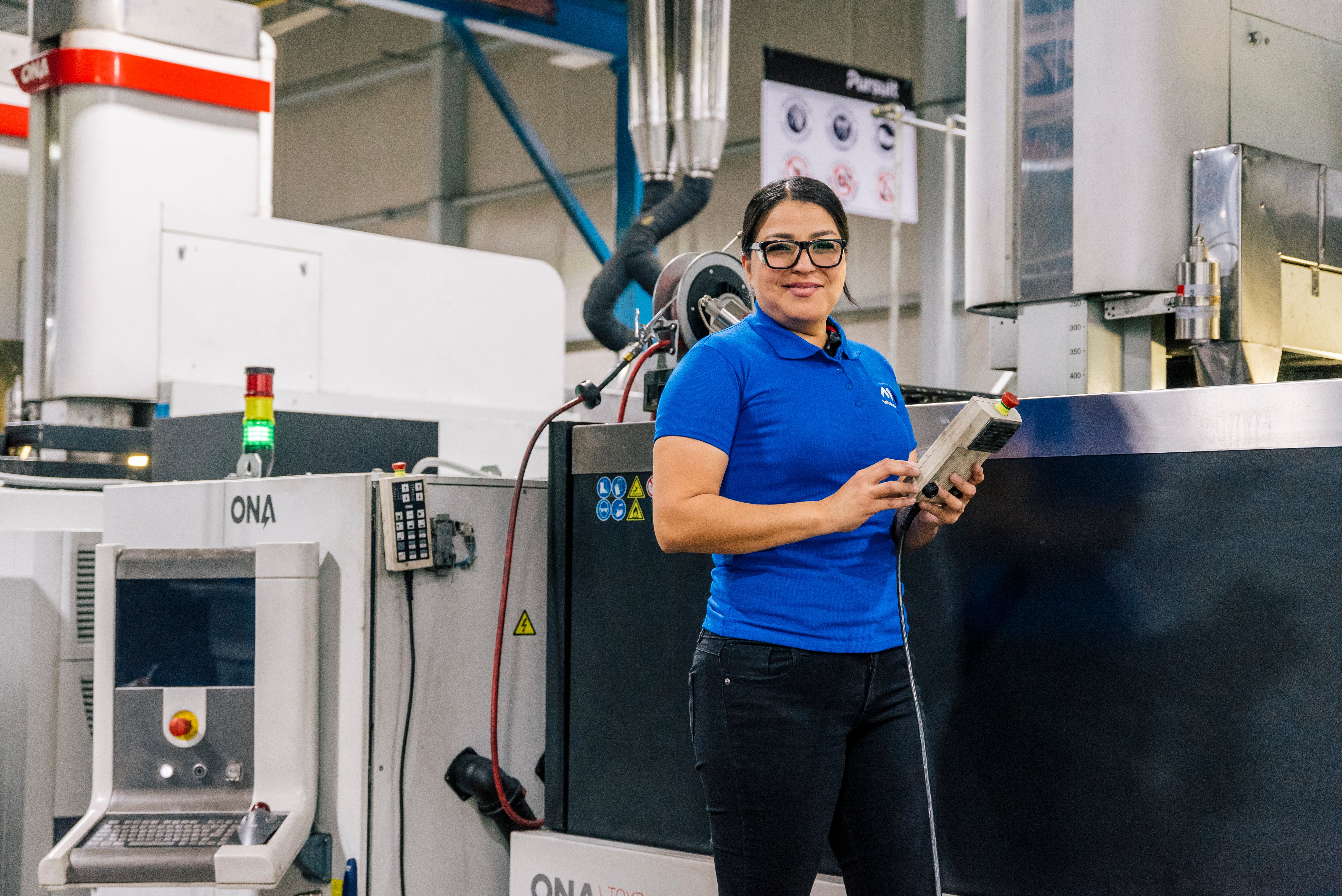In navigating the complexities of modern supply chain management, many companies are turning to offshore production as a strategic solution to overcome logistical challenges and enhance operational efficiency. Mexico emerges as a compelling destination for offshore production, offering a unique blend of geographic proximity to major consumer markets, robust transportation infrastructure, and cost-effective labor.
With the ongoing disruptions in global shipping and the need for greater supply chain resilience, offshore production in Mexico becomes increasingly attractive. By leveraging Mexico's strategic advantages, companies can streamline their manufacturing processes, mitigate risks, and capitalize on new opportunities in the ever-evolving global marketplace.
Managing shipping challenges by land
The COVID-19 pandemic-driven factory shutdowns touched off significant global supply chain management issues that are still being felt today. In addition to ongoing product shortages, manufacturers are now facing logistical delays from trucking industry protests of the U.S. decision to close borders unvaccinated or partially vaccinated Canadian and Mexican truck drivers.
Canadian protests began on January 22, and the impact was still being felt a month later. While this prompted concerns about similar protests from Mexico, Freight Waves reports that anti-vaccine activism is much lower in Mexico than in nearby countries. The logistics of getting goods across the border are also different.
“You don’t have a lot of Mexican long-haul drivers crossing the border into the United States for the transfer,” Jordan Dewart, a managing director for logistics company Redwood Mexico, told Freight Waves. Dewart explained it’s common to use short-distance crossing carriers to move goods across the border.
Shipping risks exposed at sea
Then there are the challenges by sea, which range from shipping disasters to the still unknown impact of the Russian invasion of Ukraine on energy prices and shipping routes. Among the examples of the former challenges, experts are predicting that the recent burning of the cargo ship Felicity Ace could be a half a billion-dollar disaster for auto manufacturer Volkswagen.
The cargo vessel was transporting cars from Germany to the United States when it caught fire in the mid-Atlantic and sank two weeks later. No one was injured onboard, but an estimated 4,000 vehicles from high-end Volkswagen-owned brands were lost. The disaster is expected to delay orders significantly for new vehicles. However, a potentially more significant impact of the tragedy comes from questions over whether the presence of lithium batteries for electric vehicles might have played a role in the fire.
A report on the event from research firm Anderson Economic Group notes that these large batteries carry unusual fire risks. While the report notes that the EV batteries have not yet been confirmed as the cause of the fire, the event demonstrates the need for potentially expensive safety investments to handle future EV deliveries. As automakers strengthen commitments to electric vehicle production, many are searching for alternative sources of lithium batteries to fuel this trend.
In addition, highly congested U.S. ports are causing global shippers to look for new alternatives. Ports like the one in Los Angeles are averaging backlogs of 70 container ships and are often unable to move empty containers at the port terminal due to labor shortages. As a result, companies worldwide are exploring the possibility of shipping goods into Mexico’s deep-sea ports and moving them by truck or rail into the U.S.
However, manufacturers looking for a more permanent solution to these ongoing supply chain challenges are instead opting to locate manufacturing operations in Mexico.
Managing shipping logistics in Mexico
A chief advantage of manufacturing in Mexico has always been its proximity to the U.S. market. Its 254,000 miles of integrated freeways, highways, and roads allow easy connectivity between manufacturing hubs across Mexico, through the U.S., and into Canada.
That doesn’t mean shipping logistics from Mexico come without their share of challenges. That’s why most manufacturers opt to work with shelter service providers like Tetakawi, who have import/export consultants on staff to help keep goods flowing smoothly.
Among the supply chain challenges manufacturers face in Mexico is one well-known in the United States: steep demand for truckers. Data from Mexico’s Ministry of Communications and Transportation indicates that there are more than 184,700 trucking companies with permits to operate in Mexico, although the vast majority have 20 trucks or fewer. However, as more foreign direct investors move production into Mexico, capacity has tightened.
In addition, Mexico’s trucking industry is adjusting to a new bill of lading requirement, which becomes mandatory on March 31, 2022. This update from the Mexican Tax Administration Service (SAT) requires manufacturers to provide detailed information on goods in advance of shipments in a move meant to reduce cargo theft and cross-border smuggling. Some of the necessary information includes details on origin and destination location, travel distance, type of packing, contact details for the operator, and certain tax-related information. Omitting this bill of lading supplement could carry fines of up to $4,500 per shipment.
Although the information required is detailed, it’s all within the realm of support provided by Tetakawi’s import and export administration services.
Companies looking for solid footing in the midst of the supply chain disruptions shaking the globe are finding that a regional location near their target market can provide the stability they need. Combine this with support from an experienced partner like Tetakawi, and manufacturers can feel confident that they can cost-effectively produce goods and get them to market. To learn more about your import/export options and how a manufacturing location in Mexico can help you, contact Tetakawi today.
Subscribe
Sign up and stay informed with tips, updates, and best practices for manufacturing in Mexico.






